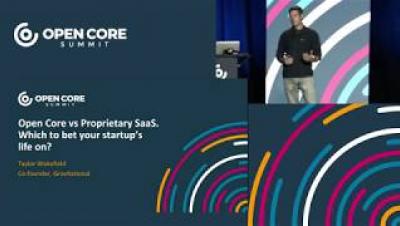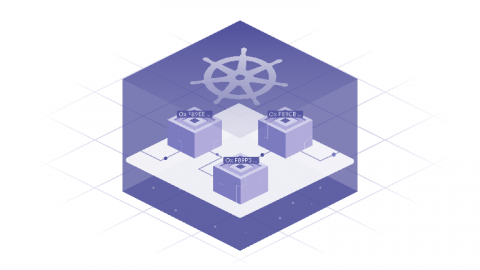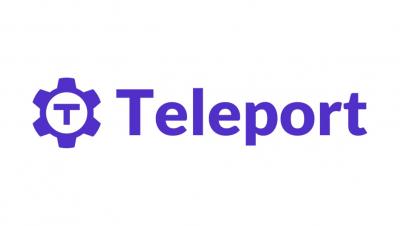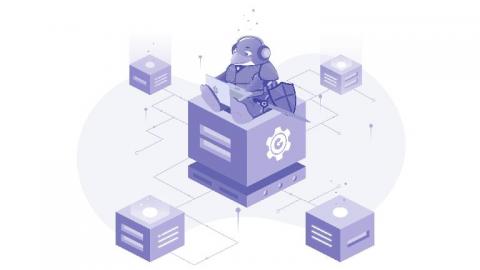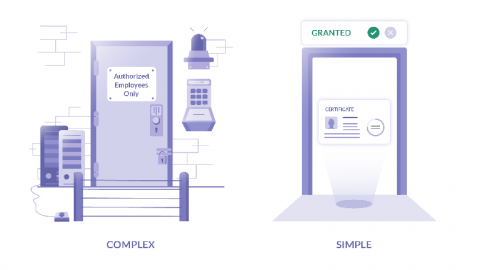Security | Threat Detection | Cyberattacks | DevSecOps | Compliance
May 2020
Why Blockchain Needs Kubernetes
In under five years time, Kubernetes has become the default method for deploying and managing cloud applications, a remarkably fast adoption rate for any enterprise technology. Amongst other things, Kubernetes’s power lies in its ability to map compute resources to the needs of services in the current infrastructure paradigm. But how does this tool work when faced with the new infrastructure layer that is blockchain? Can the two technologies be used in conjunction?
Gravitational Teleport: Zero Trust Access that does not get in the way.
How We Built SELinux Support for Kubernetes in Gravity 7.0
As one of the engineers on the Gravity team here at Gravitational, I was tasked with adding SELinux support to Gravity 7.0, released back in March. The result of this work is a base Kubernetes cluster policy that confines the services (both Gravity-specific and Kubernetes) and user workloads. In this post, I will explain how I built it, which issues I ran into, and some useful tips I’d like to share. Specifically, we will look at the use of attributes for the common aspects of the policy.
Solid Infrastructure Security without Slowing Down Developers
In this post, I want to share my observations of how SaaS companies approach the trade-off between having solid cloud infrastructure security and pissing off their own engineers by overdoing it. Security is annoying. Life could be much easier if security did not get in the way of getting things done.


